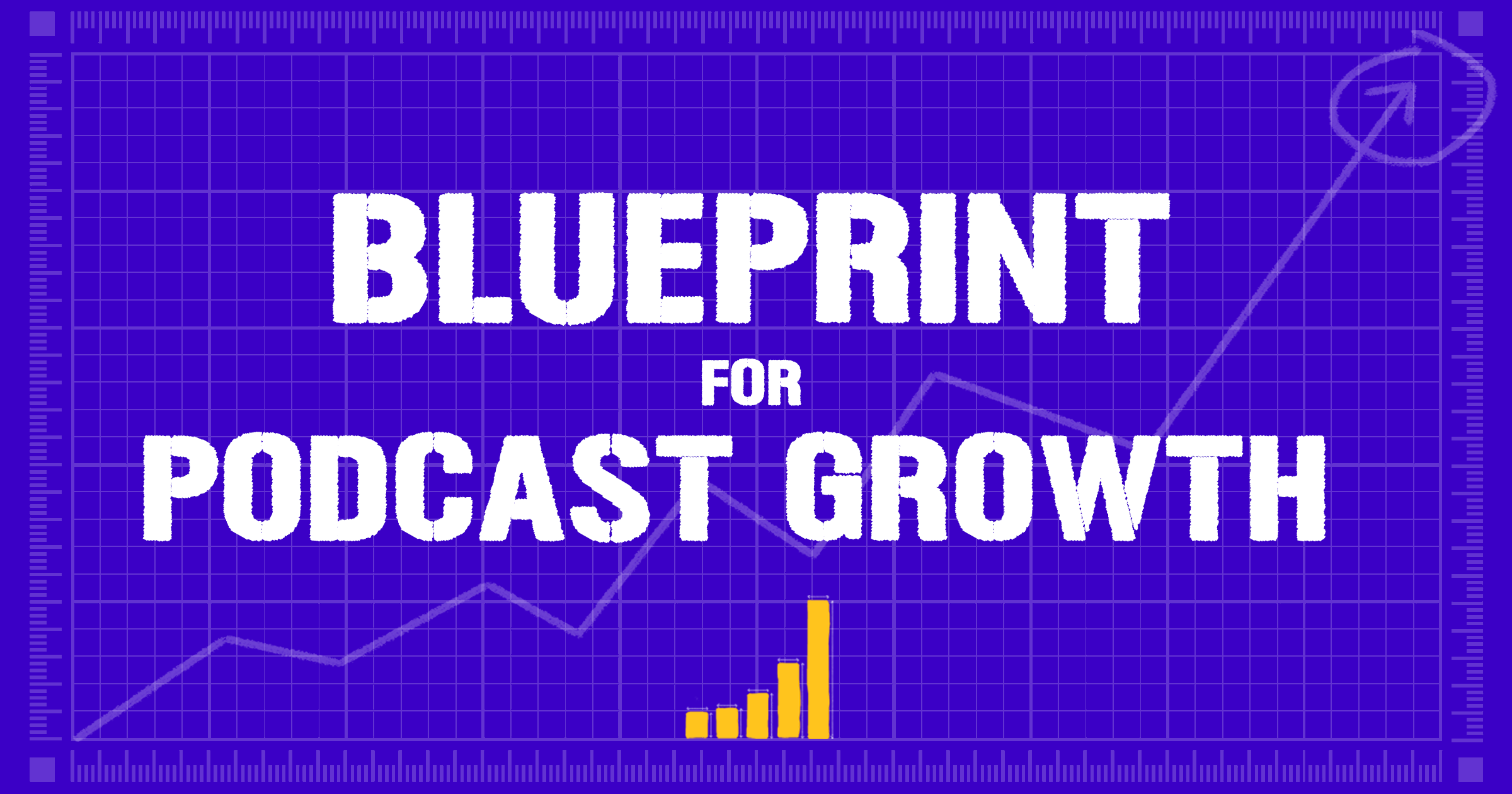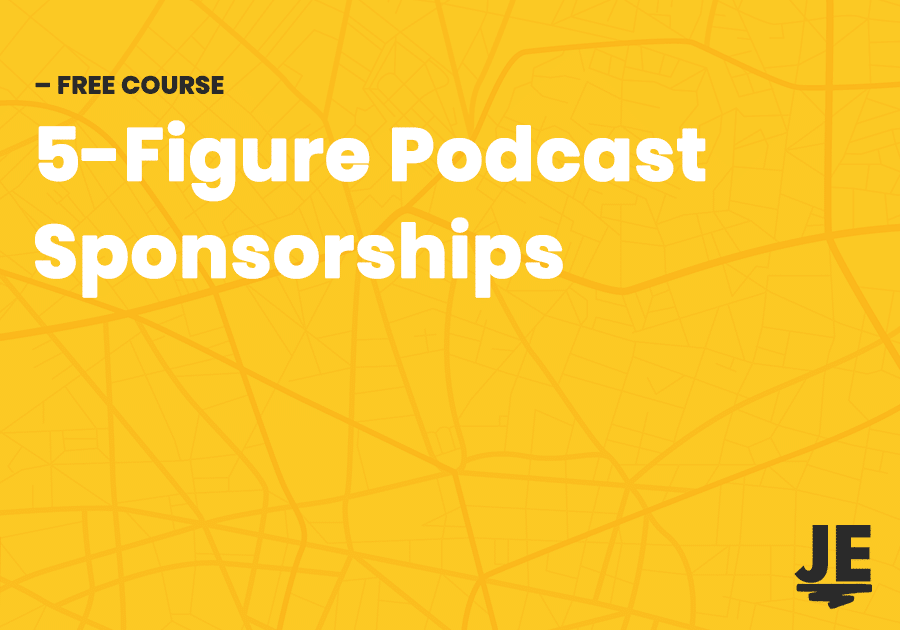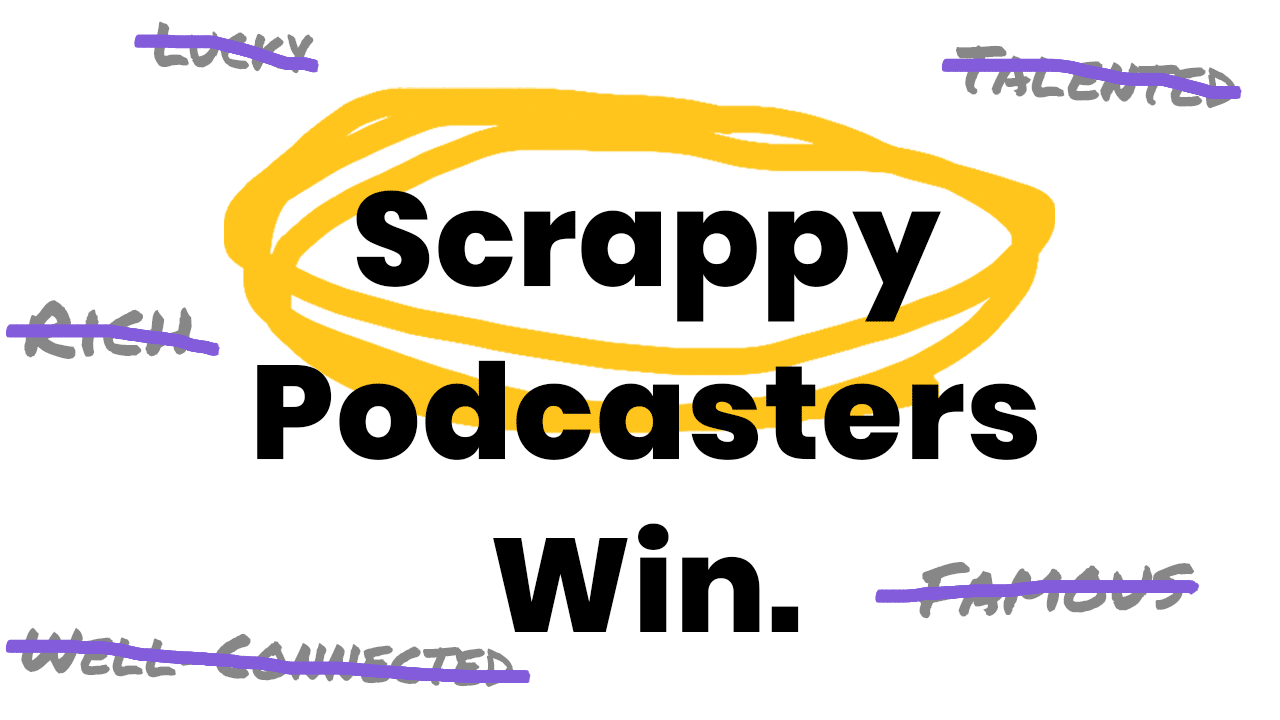There’s a lot you need to know when it comes to launching and growing a podcast that achieves the goals you mapped out for it.
The technical knowledge of audio recording and editing, the strategy behind crafting a content plan that moves your audience through your funnel, the creativity behind creating content that hooks and engages people, and then, of course, the answers to the age-old question of how to get more people to listen to the show.
While all of these skills matter, they can be learned and even become rote after a short adjustment period. There are two other ingredients though, requiring continual effort, that are essential for podcasting success.
Podcasting Demands Patience
The first of these ingredients is patience.
We all know the stats about how many podcasters quit after fewer than ten episodes and we’ve likely all felt the desire to hang up the mic as we look at the stats to and see another month of anemic growth.
One of the main reasons podcasters quit is unrealistic expectations about how quickly they’re going to build an audience. But how long should you expect it to take?
I used to tell people to invest at least a year in growing their show, but I’m starting to revise my recommendation.
A year is certainly a good point at which to take a temperature check, recalibrate and ask yourself some (potentially) hard questions about where you need to improve, but if you’re starting from zero audience, I don’t think a year is long enough to build up a following that is worth the effort.
My new recommended commitment? Three years.
Now, I admit, that’s an arbitrary number to some extent, but what I want to convey is that you should expect to be in this for the long haul, and it’s not just when it comes to podcasting.
All content marketing is about building trust over the long term with your audience. It’s about showing up consistently, making promises and keeping them.
You don’t build a deep level of trust with hundreds or even thousands of people overnight. This is a process that takes time to mature.
But here’s the thing. While podcasting for a year might not get you massively meaningful results, podcasting for three, four, or five years, if combined with our next ingredient for success, has the potential to change your life and business forever.
Podcasting is an investment built on compounding returns, and like investing in your retirement account, small actions taken early and regularly add up to massive results in the long term.
But patience alone is not enough to succeed. Your show is almost certainly going to be in a constant state of iteration, improvement, and testing, and you need to be prepared to approach it as such.
Enter Your Experimentation Phase
Nom, your real “experimentation phase” wasn’t your college years, it’s the moment you decide you want to start a podcast.
The reason is that your podcast is most likely going to suck, at least when you first start recording.
Sure, maybe not every part of it will suck, but almost certainly some part of it will.
Maybe you have great content but your marketing game is weak. Maybe you’re able to get it in front of new listeners but can’t turn any of them into subscribers. Maybe you have tons of subscribers and great content but you can’t move any of them to buy your product or service.
Or maybe, or should I say almost certainly you’ll hit on something that works for a while and then stops working. The world is bound to change in the three-plus years you’ve patiently committed to your podcast after all.
All of these reasons and more are why approaching podcasting with a mindset of continual experimentation is essential in achieving the goals around your show.
When some aspect of your show’s production isn’t working, you need a reliable system to find what’s wrong and improve it. When you find something that works, you need a reliable system to find out if there’s something else that could work better.
This reliable system is the scientific method, you may have heard of it.
By approaching your show with a curious, experimental mindset, you’re able to take control over the areas in which you and your podcast aren’t performing as well as you’d like and systematically work towards continual improvement.
Piece by piece, test by test, your show will improve, and with it, so will your results.
If this sounds like it will take time, you’re right! It will!
This is one of the reasons why you need to commit for the long haul and have patience with the experimentation process.
Slow Down & Get Testing
Of course, this process isn’t easy, but why should it be? You’re building something that could completely change your life forever.
No one ever built a raving fan base with a snap of their fingers and you’ll be no different.
Massive, long-lasting, meaningful results are usually built by small, consistent actions and habits, and this approach to podcasting is one of them.
Yes, it will take time. Yes, it will test your patience. Yes, you will almost always want things to be moving faster.
But with a long enough runway, patience, and the willingness to test, tweak, and revise, constructing a show that achieves your goals is pretty much guaranteed.
Every Sunday I send out an exclusive article on how to use podcasting to build an audience and grow your business.
No opt-in, no freebie no bribe. But hopefully a new perspective, encouragement, and maybe even some occasional wisdom. It’s something I’m proud to create and I’d be honoured to share it with you.
- Why Wouldn’t They Just Google It? - March 14, 2021
- Before You Can Market Your Podcast, You Need To Create A Marketable Podcast - March 11, 2021
- Podcast Promotion & Marketing Are Different (Here’s How to Use Each Effectively) - March 10, 2021




